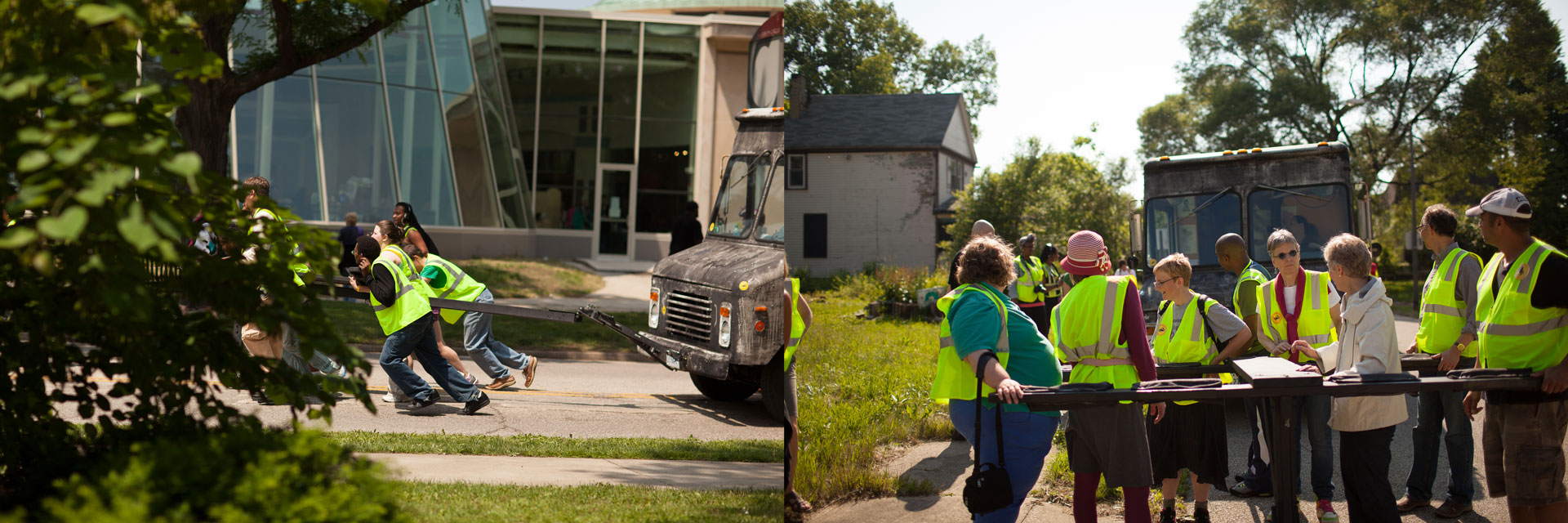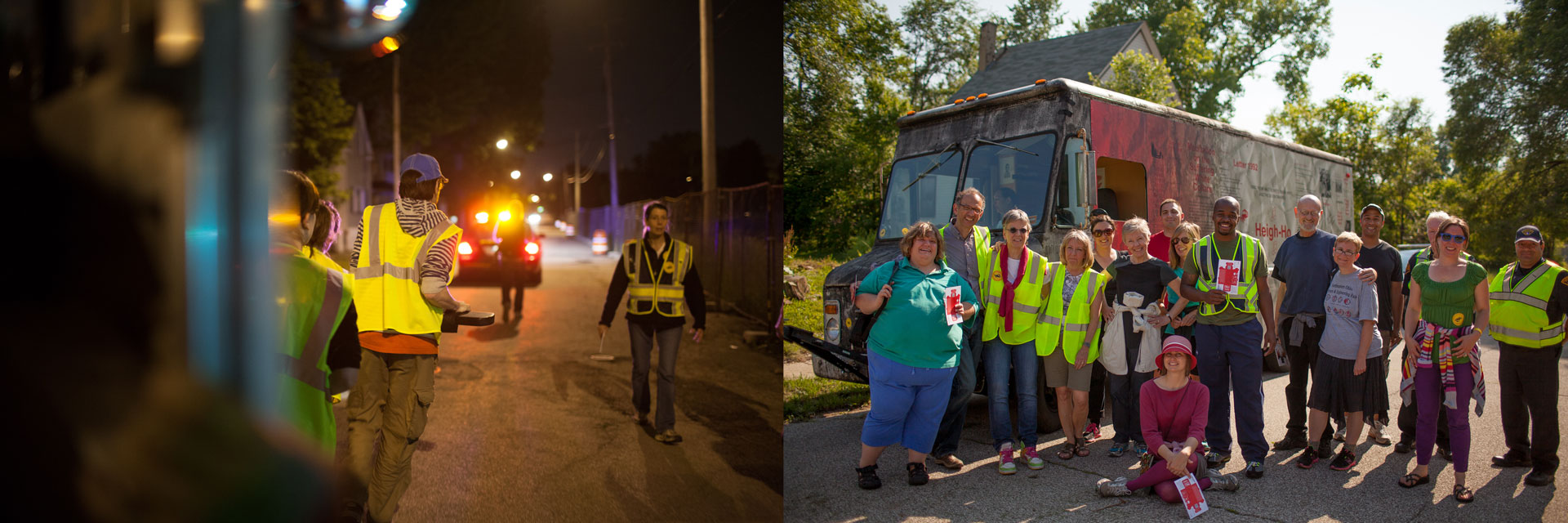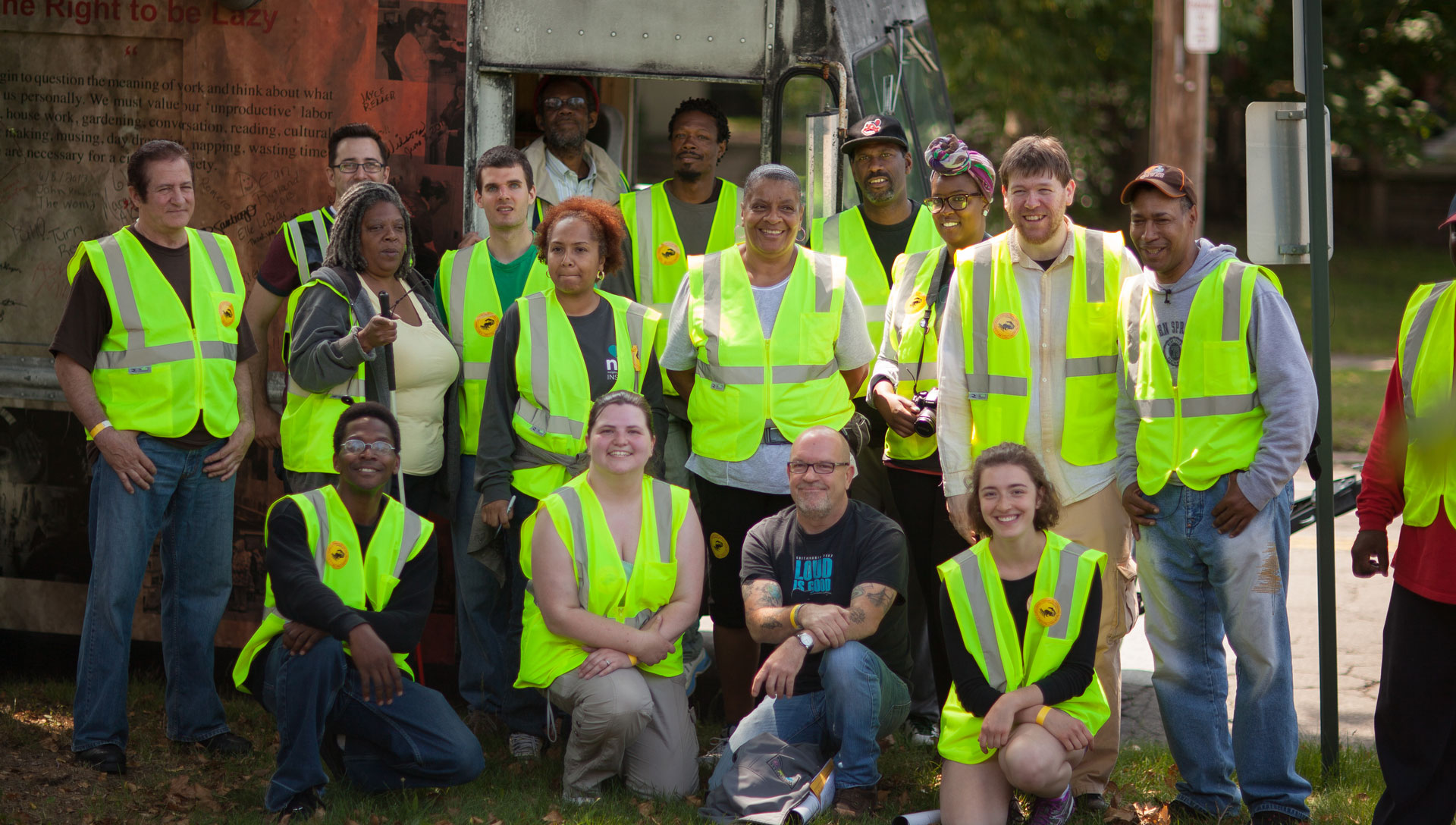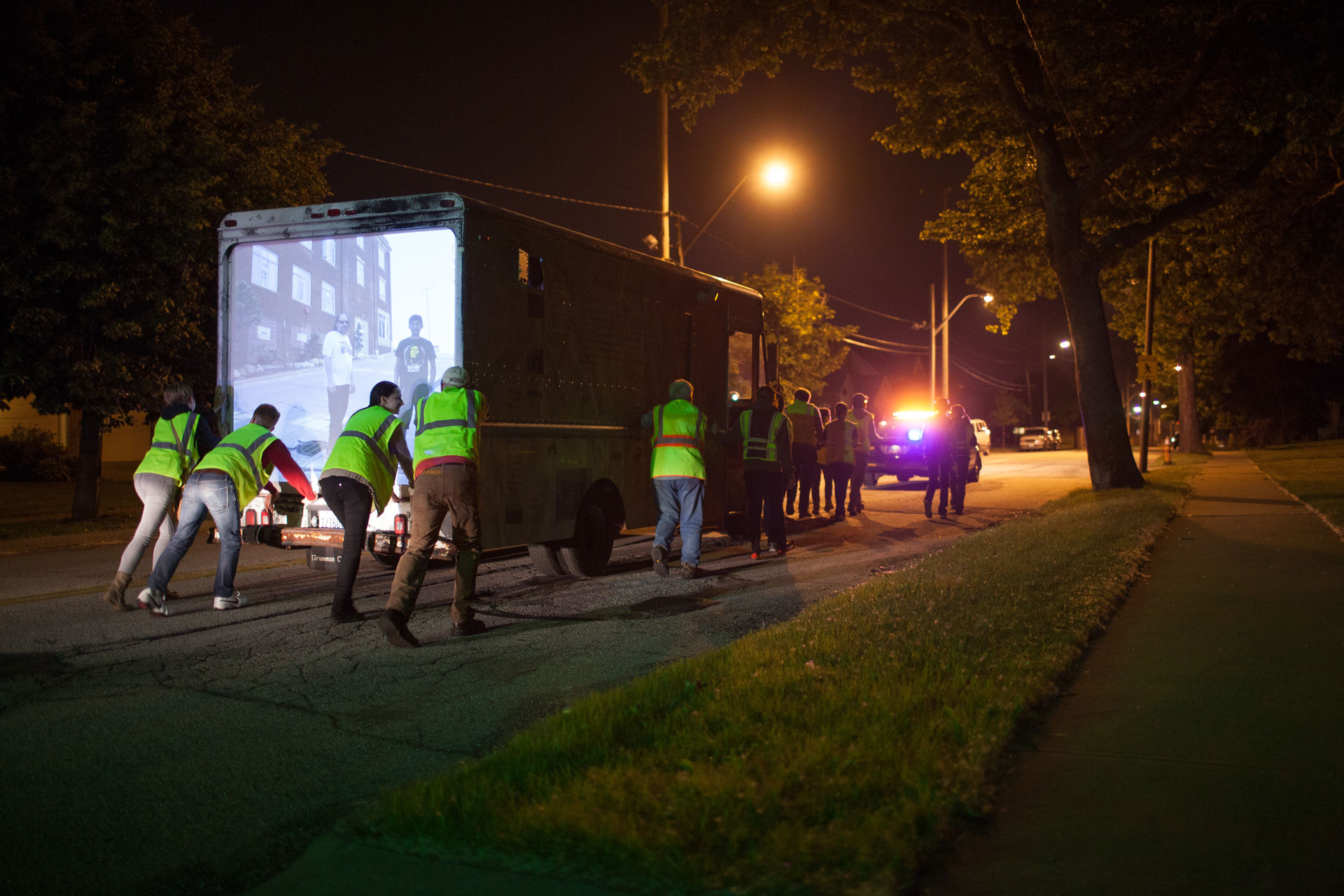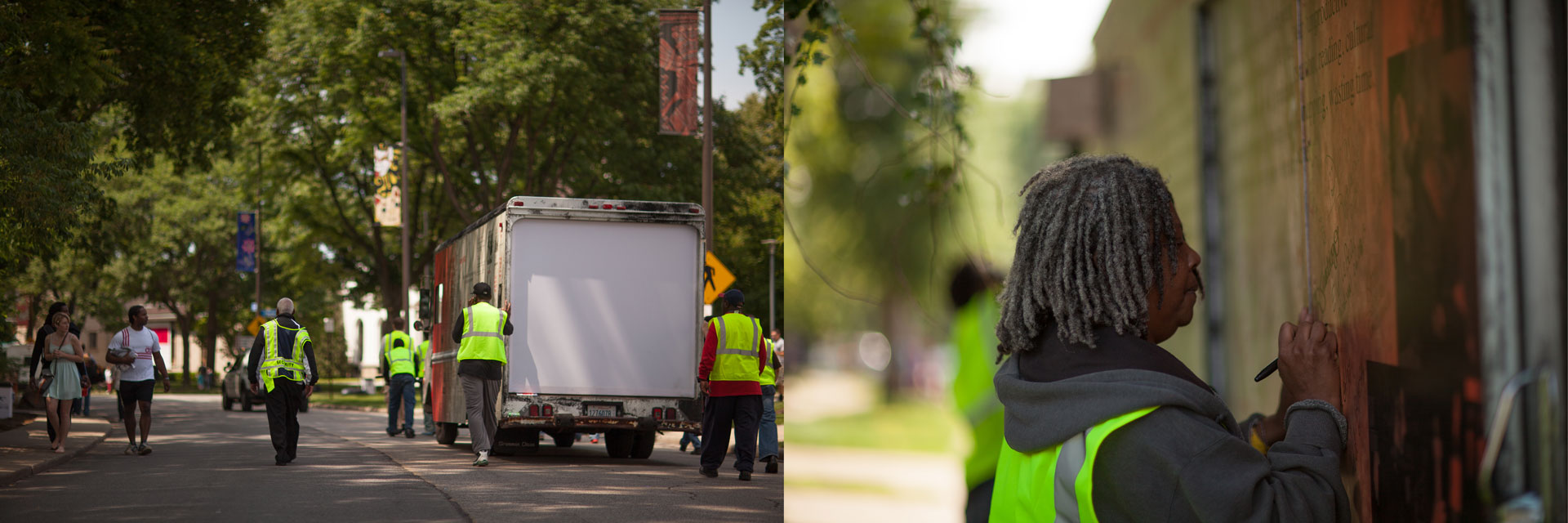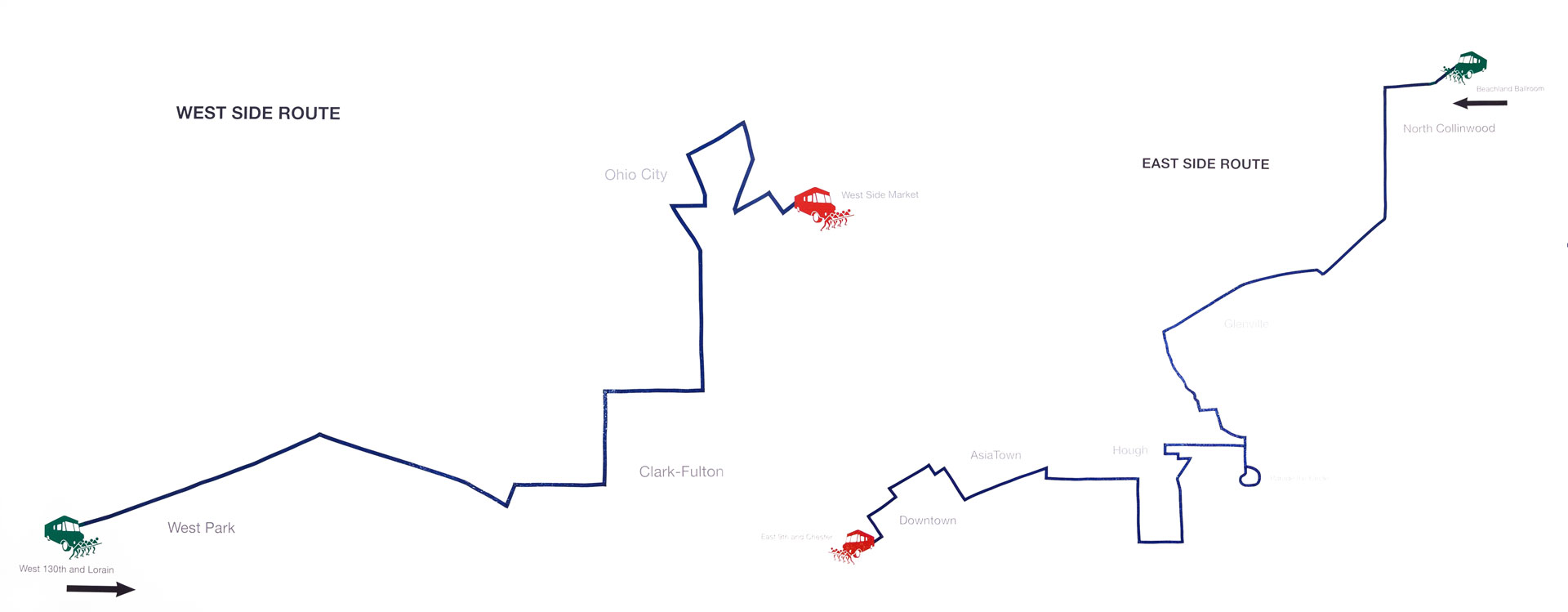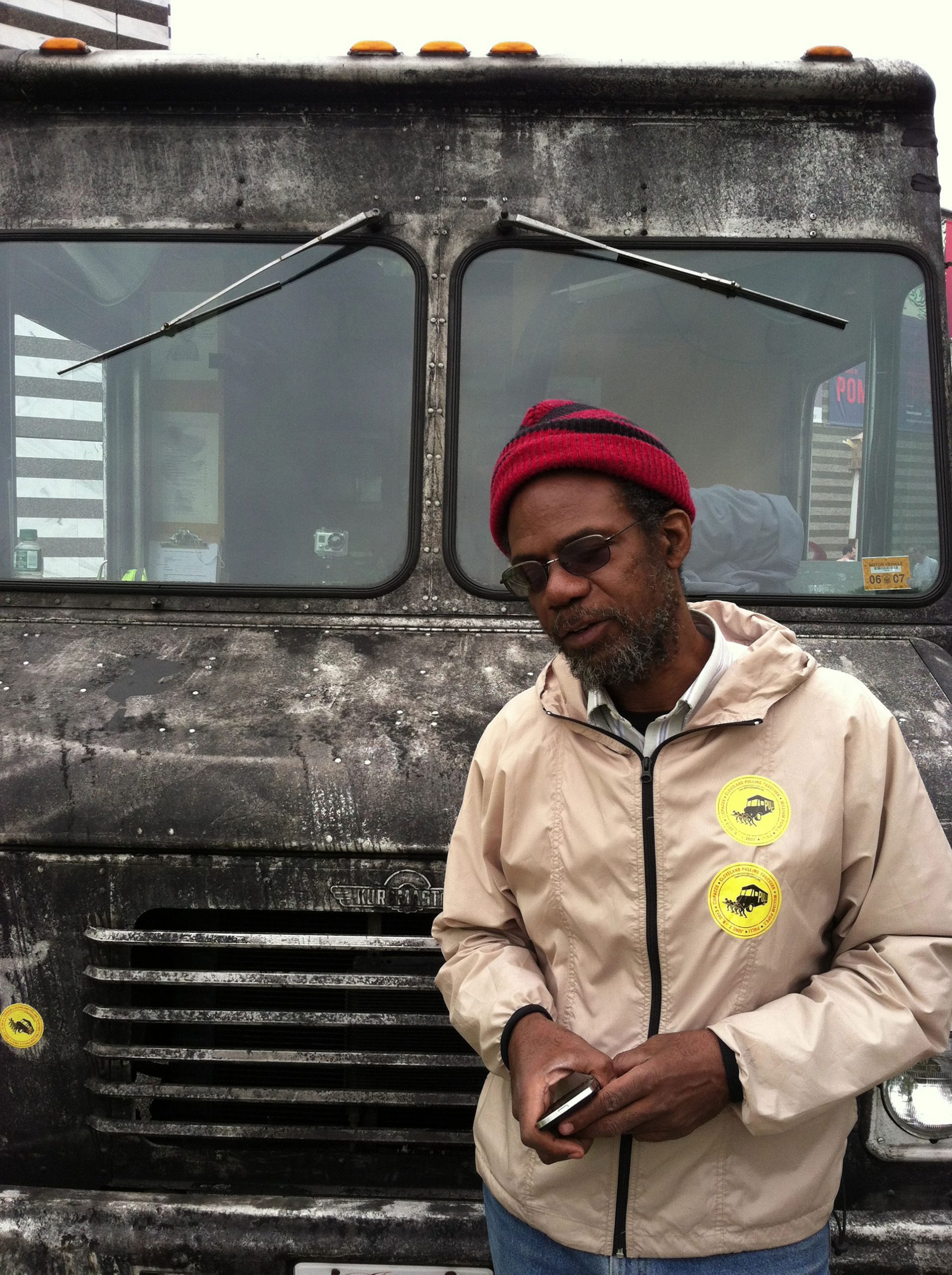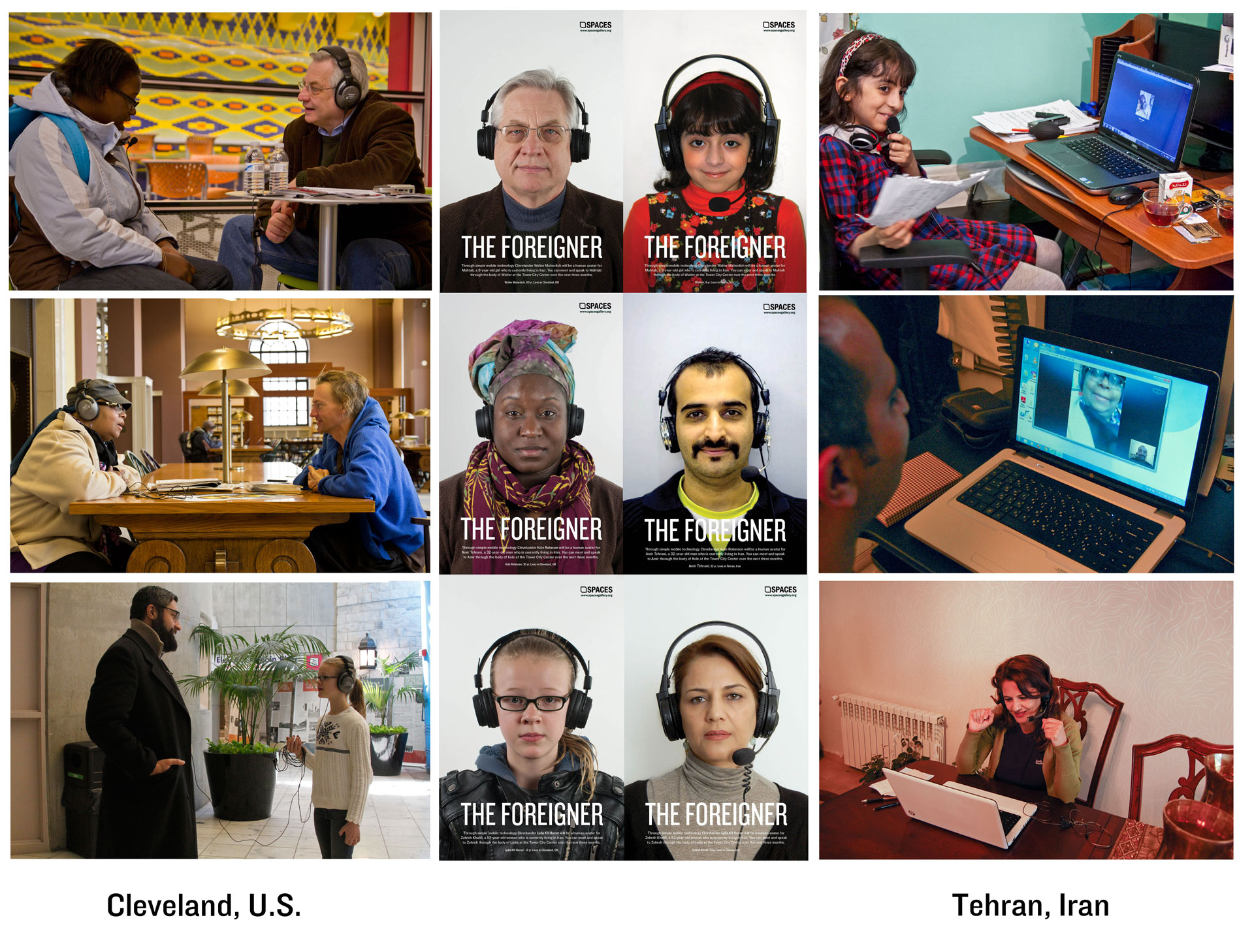Up Up Down Down Left Right Left Right B A Start

Faith Fighter, 2008
Video game (still)
Performance art is often thought to center around the artist’s body—improvising within parameters or working through a set of directions. What happens when the physical is eliminated or intentionally ignored in favor of a virtual experience. Does the physicality of a performance translate? Does it need to?
Video games manage to straddle the line between the physical and the virtual—set the stage for a dual performance of the player’s subtle physical dance of fingers across a controller and the pixelated movements of digital bodies.

The Artist is Present, 2012
Video game (stills)
Following similar avenues as traditional performance art, video games set up a framework for acting and improvising. Players can work within these programmed parameters or some have elected to hack games and gaming platforms to set their own rules.
Up Up Down Down Left Right Left Right B A Start1 highlighted the actions of artists, programmers and players who choreograph their own performances—including including the players. From classic console games, to artist-created worlds, these works invite viewers to see virtual and real worlds in a new light and hopefully with a little more performance.
![Mary Flanagan, [borders: chichen itza], 2010, video (still)](http://christopher-lynn.com/wp-content/uploads/2021/05/140317-flanagan-borders-chichenitza2-72dpi-1366pxw.jpg)
[borders: chichen itza], 2010
Video (still)
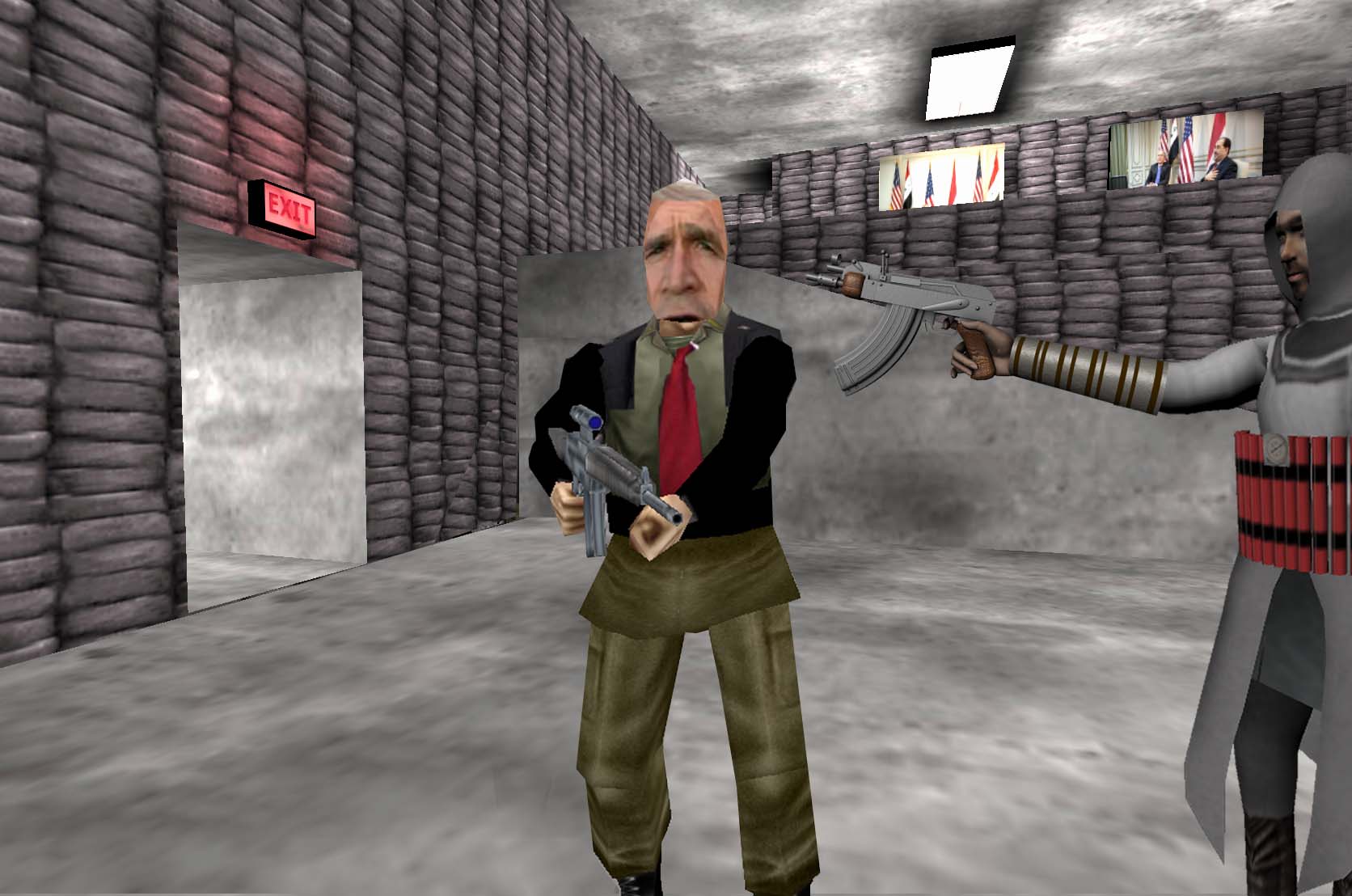
Virtual Jihadi, 2008
Video game (still)

Reenactments, 2009–10
Video documentation of performances
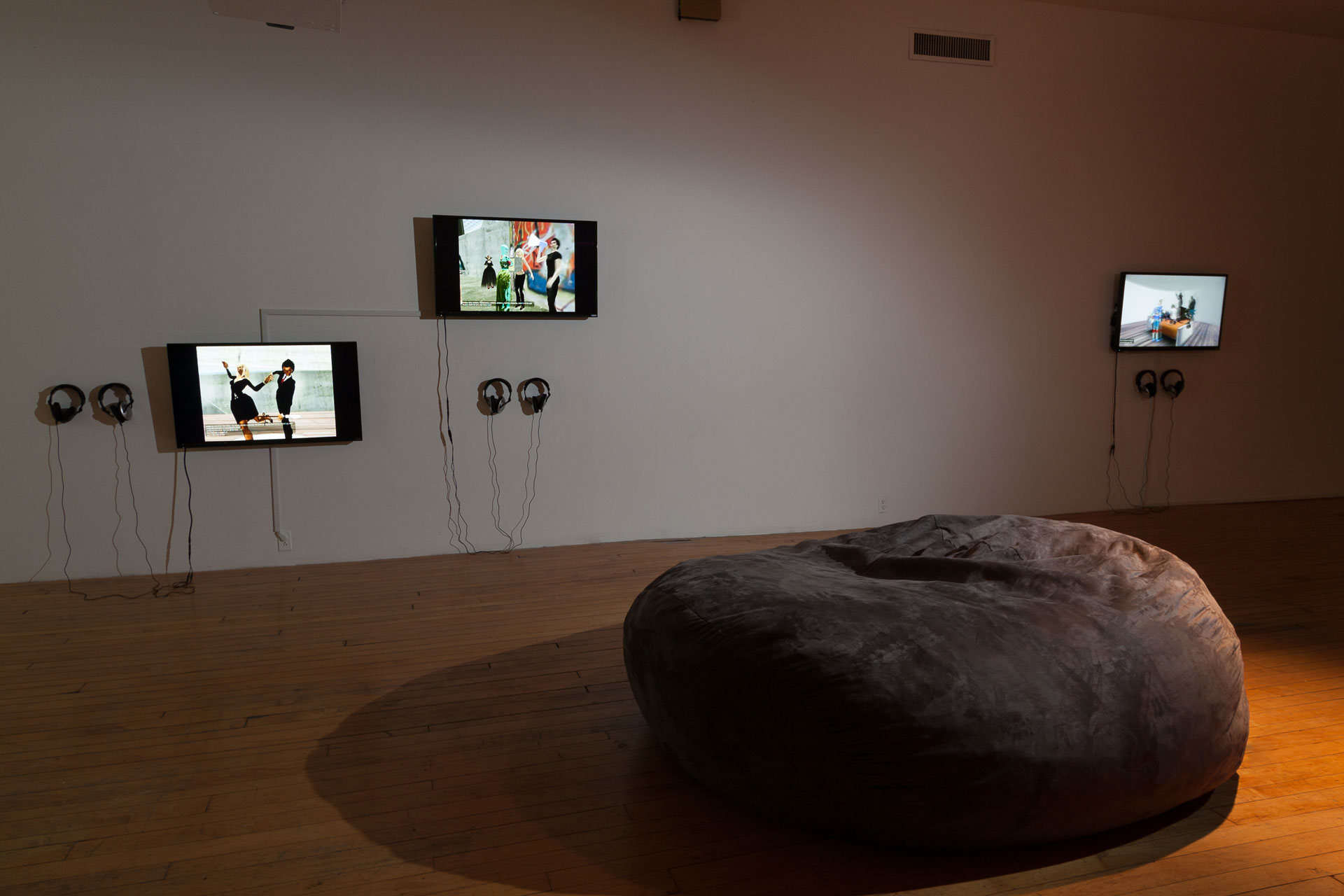
Synthetic Performances, 2009–10
Video documentation of performances
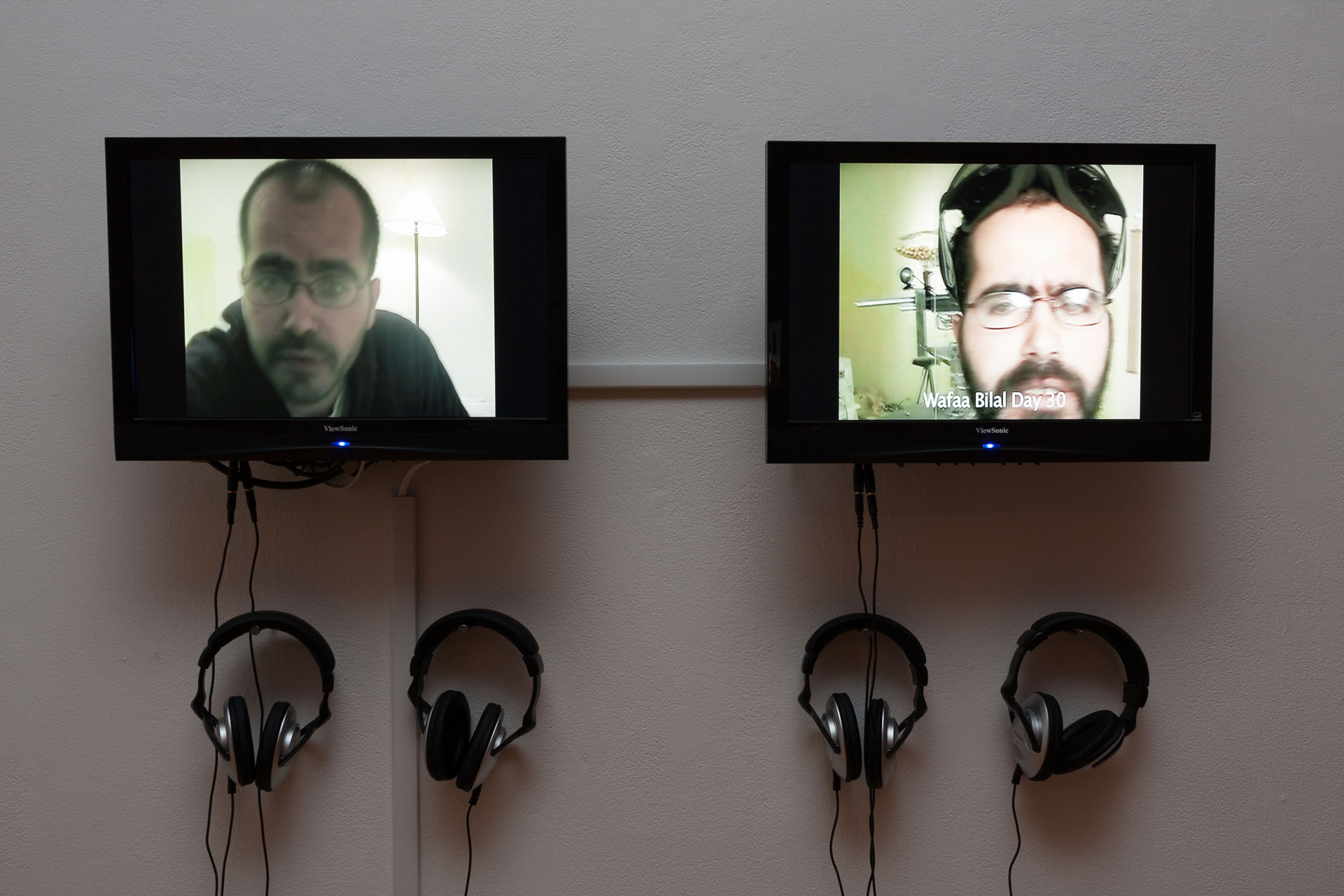
Domestic Tension: Day 30, 2007
Documentation of interactive performance
Installation view
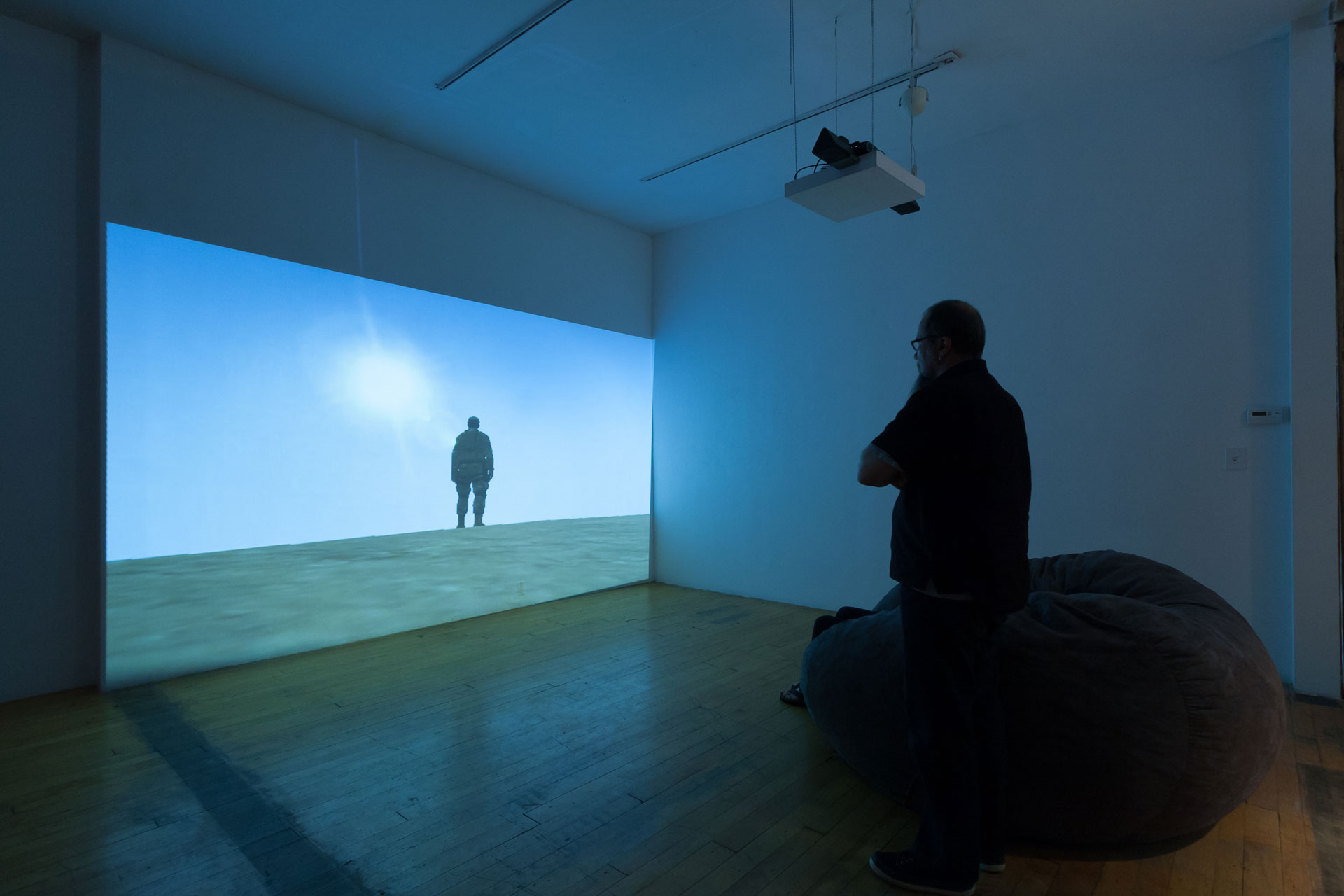
Welcome to the Desert of the Real, 2011
Machinima (still)
Installation view

First Person Shooter or New Rider of the Apocalypse, 2006
Video (still)
Installation view
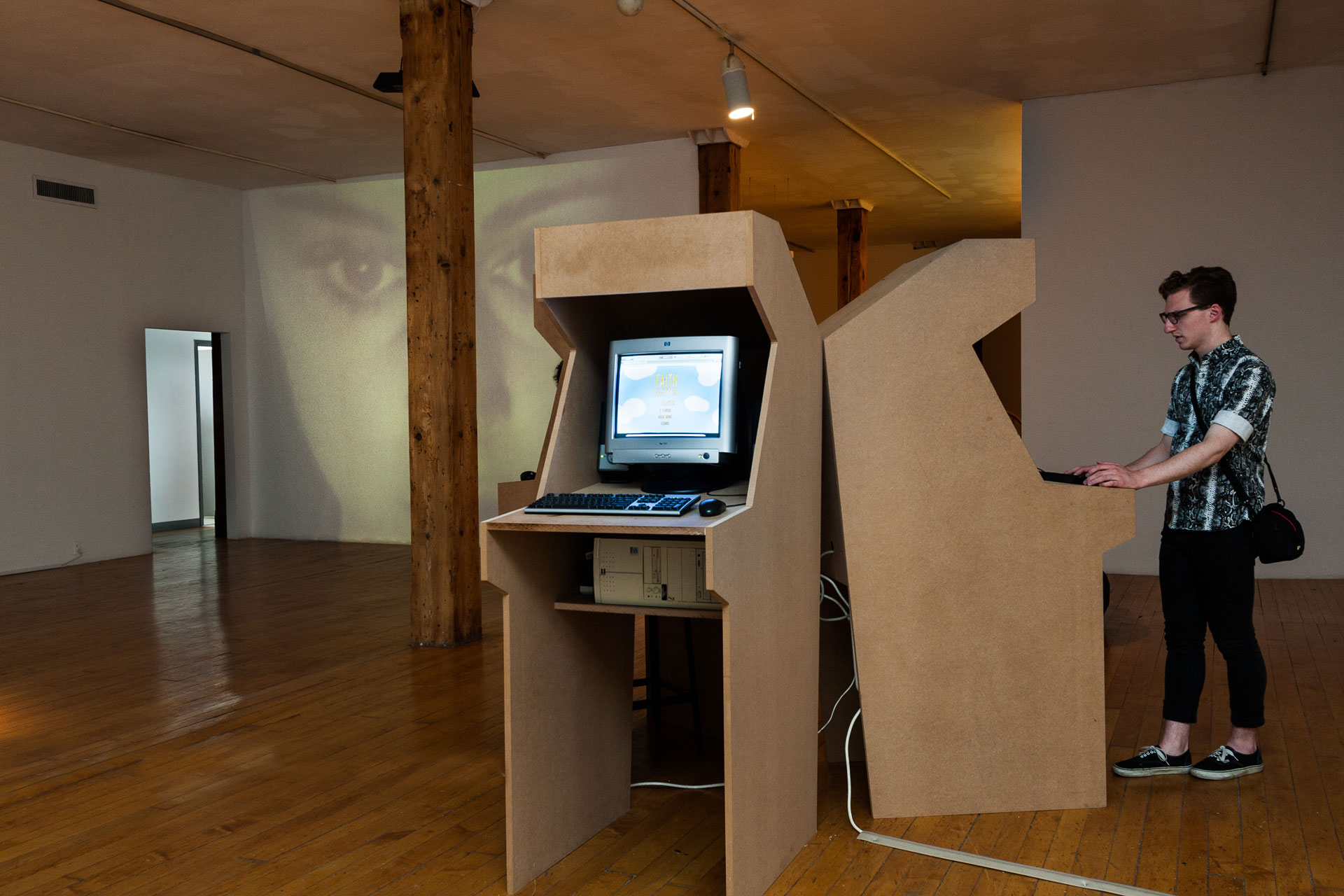
First Person Shooter or New Rider of the Apocalypse, 2006
Video
- Up Up Down Down Left Right Left Right B A Start, also known as the “Konami Code,” is a cheat code for some video games that allows players to immediately gain hundreds of lives or unlock “Easter eggs”—special surprises or hidden game modes. [Back]

